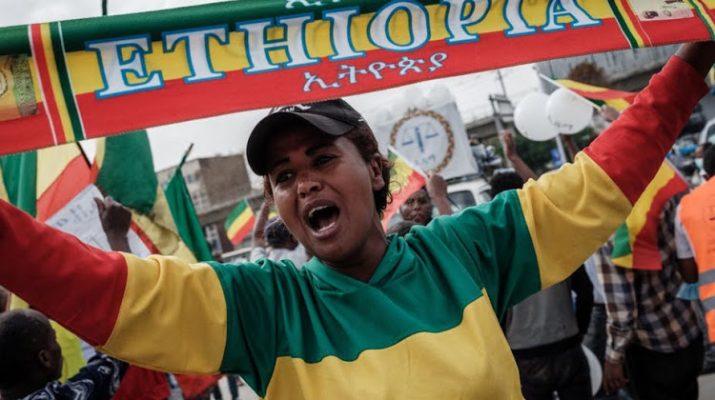Therefore, if Abiy’s Prosperity Party ultimately wins the elections, as many in the country expect, a lot will change. An electoral victory would bestow that needed legitimacy.
This would in turn confer new political capital to advance the political reforms of 2018 and 2019 that have since slowed down.
After two postponements due to the COVID-19 pandemic and later for logistical challenges, millions of Ethiopians go to the polls on Monday. Held in the midst of historic domestic challenges – not least a war in Tigray region and instability in Western Oromia region – this election will be significant for several reasons. Here is why.
Elections alone do not guarantee strong democratic progress. But they are the main source of political legitimacy for the current crop of political elites led by prime minister Abiy Ahmed. Abiy detractors have repeatedly made the point that his administration is a caretaker government that emerged after the March 2018 resignation of former premier Hailemariam Desalegn. As such it doesn’t have the legitimacy that elections provide.
Therefore, if Abiy’s Prosperity Party ultimately wins the elections, as many in the country expect, a lot will change. An electoral victory would bestow that needed legitimacy.
This would in turn confer new political capital to advance the political reforms of 2018 and 2019 that have since slowed down.
Second, the sixth national election since 1991 will be the first of its kind in which the Tigray People’s Liberation Front will not be taking part. It is to be remembered that the liberation front was declared a terrorist group by the House of Representatives. The former regional party was the dominant force in the country’s governing coalition for 27 years – Ethiopian People’s Revolutionary Democratic Front – until 2018.
Lastly, this election takes place in the wake of massive internal displacements of people. This has been triggered by all time high ethnic polarization and ethnic conflicts. These cannot be wholly blamed on the current government as they have historical roots. Moreover, the country’s failing ethnic federal arrangement has made it difficult to address the issue of internal displacements through resettlement and political solutions. Although displacements have stopped and stability returned to affected areas, many voters in such areas could face difficulty in accessing polling stations.
Nonetheless, one major consequence of the national elections would be the emergence of a government that has the popular legitimacy to use its power to address lingering political, economic and security challenges.
Most Ethiopians consider Abiy’s administration as one that inherited massive political challenges. Thus, many hesitate to blame it for the country’s problems. However, once elected and legitimatized through a democratic process, it now could be held accountable.
Ethiopia’s electoral system
A parliamentary system since 1991, Ethiopia’s legislative body has two chambers. The lower chamber, known as House of Representatives, is the most powerful one. The upper chamber, known as House of Federation, mainly deals with constitutional and budgetary matters. While members of the lower chamber are directly elected by the people, members of the upper chamber are mostly appointed by regional councils that consider the proportional representation of all ethnic groups in the chamber.
In existence for 30 years, the House of Federation is considered ineffective even in dealing with its core mandates.
The most important electoral outcome, therefore, is who takes control of the House of Representatives. A political party that wins the simple majority of seats in this lower legislative chamber would then form a government. The house majority would also elect the prime minister and deputy prime minister.

